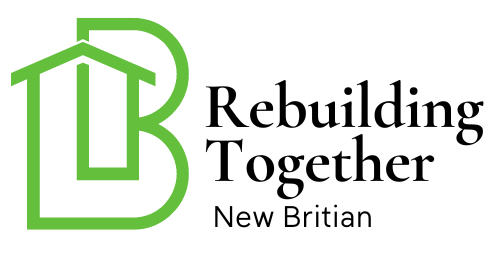Masonry is an essential construction technique used for centuries to build strong and durable structures. Whether constructing homes, walls, or buildings, the choice of materials plays a significant role in ensuring longevity and aesthetics. If you’ve ever asked yourself, ‘What are the materials used in masonry?‘, this guide will provide deep insights into each type.

Understanding Masonry and Its Importance
Masonry involves the use of materials such as bricks, stones, concrete blocks, and mortar to create solid structural components. The selection of materials impacts the durability, weather resistance, and strength of a structure.
Main Materials Used in Masonry Construction
1. Bricks
Bricks are one of the oldest and most commonly used building materials in masonry. They are made from clay, which is molded, dried, and fired in a kiln to become hard and durable. There are different types of bricks, including:
- Clay Bricks – The most common type, offering strength and aesthetic appeal.
- Concrete Bricks – Made from solid concrete, these are heavier but provide excellent strength.
- Fly Ash Bricks – An eco-friendly option made using fly ash, which is a byproduct of coal combustion.
2. Stones
Natural stones have been widely used in masonry to create strong and visually appealing structures. Common types of stone used include:
- Granite – Durable and suitable for both interior and exterior applications.
- Limestone – Used for smooth, elegant finishes in buildings.
- Sandstone – Often used in temples and historic buildings due to its beauty and ease of carving.
3. Concrete Blocks
Concrete blocks are a modern alternative to bricks, offering high strength and insulation. The types of concrete blocks include:
- Solid Concrete Blocks – Heavy and strong, used for load-bearing walls.
- Hollow Concrete Blocks – Lightweight and ideal for non-load-bearing walls.
- AAC Blocks – Made from aerated concrete, offering great insulation.
4. Mortar
Mortar is the binding agent that holds masonry structures together. It is made from cement, sand, and water. There are different types of mortar:
- Portland Cement Mortar – The most commonly used type for strength and durability.
- Lime Mortar – Offers flexibility but is less strong compared to cement mortar.
- Surkhi Mortar – Made using powdered burnt clay, used in historic buildings.
Additional Materials in Masonry Work
5. Cement
Cement is a key ingredient in mortar and concrete. It provides strength and durability to masonry structures.
6. Reinforcement Materials
For increased strength and stability, materials like steel bars, mesh, and wires are used to reinforce masonry walls.
7. Waterproofing Materials
To prevent moisture damage, additional materials such as water-repellent coatings and sealants are applied to masonry surfaces.
Choosing the Right Masonry Material
The selection of masonry materials depends on factors such as budget, climate, aesthetics, and purpose. Homeowners should consider conferring with masonry contractors for expert guidance.
Maintenance and Repairs
Regular maintenance ensures a longer lifespan for masonry structures. If you notice cracks in walls, check this guide on fixing masonry cracks.
Conclusion
Understanding what are the materials used in masonry helps homeowners and builders make informed decisions. The choice of materials affects not only the structures durability but also its aesthetic value.

Frequently Asked Questions
1. What is the best masonry material for durability?
Brick and stone are known for their durability, with proper maintenance ensuring longevity.
2. Is concrete block better than brick?
Both have their advantages. Concrete blocks offer better insulation, while bricks are preferred for traditional appeal.
3. How can I prevent water damage in masonry?
Using waterproof coatings and regular sealing helps prevent water damage.
This article contains affiliate links. We may earn a commission at no extra cost to you.

